What it is
Choline is an essential nutrient that doesn’t fit neatly into one of the broad categories of essential nutrients (vitamins, minerals, essential fatty acids, and essential amino acids).
What it does
Choline is a chemical precursor for two of the common phospholipids in cell membranes, and it’s a primary component of acetylcholine, which is one of the most abundant neurotransmitters. Finally, choline is an important methyl donor.
Recommended intake
The recommended intake of choline is 550mg per day for men and 425mg per day for women. Dietary choline intake should not exceed 3500mg per day.
Likelihood of tracking completeness: Very low
Choline is not a nutrient that food manufacturers are required to disclose on nutrition labels. The vast majority of food and beverage manufacturers do not voluntarily list choline content on nutrition labels, so most branded products in the MacroFactor database lack information on choline. So, if you’d like to accurately track your choline intake, you’ll need to make a point of mostly tracking “common foods,” which come from research-grade databases that have full nutrient reporting.
For more on when you can track using branded foods versus common foods when you’re trying to accurately monitor your intake of particular nutrients, you should check out this article.
Likelihood of insufficient intake: High
In the US, the average choline intake is about 275mg/day for women, and 400mg/day for men.
For more on nutrients with a greater likelihood of insufficient or excessive intake, you should check out this article.
Signs of deficiency/insufficiency
There aren’t obvious signs of insufficient choline intake. True choline deficiencies are rare because your body can generally synthesize enough choline to avoid gross deficiency. But, a choline deficiency can cause non-alcoholic fatty liver disease, muscle damage, and neurological symptoms (since a choline deficiency decreases acetylcholine production).
Good sources
Egg yolks, fish, liver, and shellfish are particularly good sources of choline. Legumes in general, and soybeans in particular, are good vegan sources of choline.
Learn more
If you’d like to learn more about micronutrients generally, there’s a five-part series on the MacroFactor website you might enjoy.
